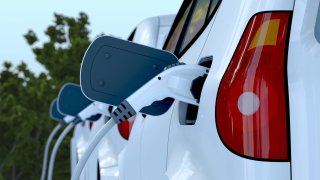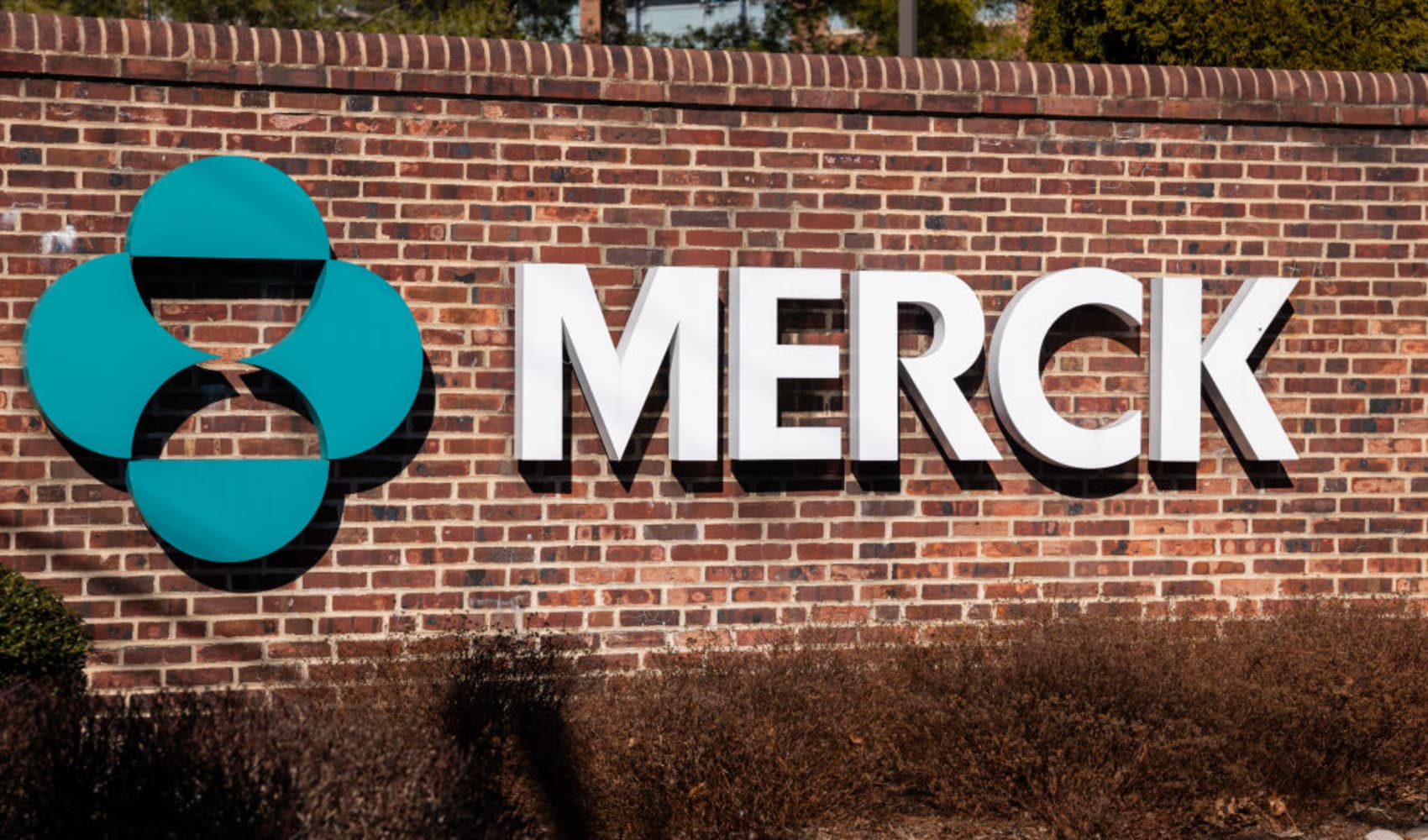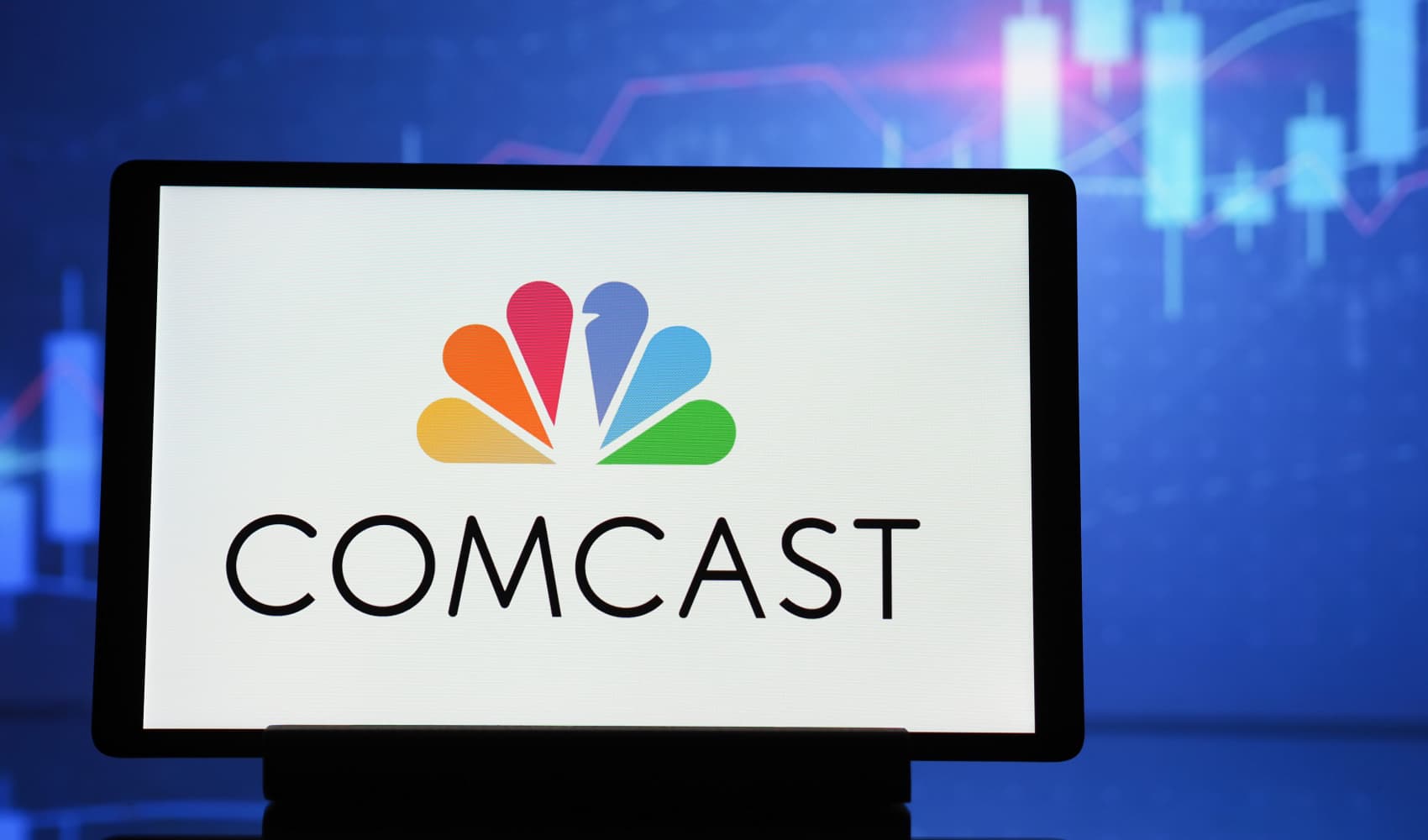
- The leading lobbying group for the U.S. auto industry is calling on policymakers to assist in supporting the adoption of electric vehicles.
- Without suggesting a cost for any EV stimulus programs, the Alliance for Automotive Innovation suggested support largely through incentives and infrastructure.
- The group represents the manufacturers producing nearly 99% of cars and light trucks sold in the U.S.
The leading lobbying group for the U.S. auto industry is calling on policymakers to help support the adoption of electric vehicles through incentives, infrastructure investment and other regulatory means.
Without suggesting a cost for such EV stimulus programs, the Alliance for Automotive Innovation said now is the time for "substantial, long-term investments in electrification, as well as advanced safety technologies," according to a new report released Tuesday. It describes the industry as being "on the cusp of a transformative moment" regarding electric and autonomous vehicles.
Automakers have refrained from seeking much government assistance during the coronavirus pandemic, largely due to the fact that consumer demand for new vehicles has been relatively resilient through the global health crisis.
The report comes a day after the Electoral College voted to cement Joe Biden's victory over incumbent President Donald Trump. Biden has voiced far more support for EVs as well as infrastructure to support the vehicles than Trump.
For example, Biden has promised $400 billion in public investment in clean energy, including battery technologies and electric vehicles. Part of Biden's climate plan includes dedicating government spending to support electric vehicles, with 500,000 new electric vehicle charging outlets by the end of 2030. (The U.S. currently has less than 29,000 public EV chargers, according to the U.S. Department of Energy.)
Money Report
The alliance's report outlines support for both companies as well as consumers. Incentives for purchasing EVs as well as infrastructure investment have been supported by automakers for years.
The federal government currently offers up to $7,500 in tax credits for consumers who purchase an electric plug-in vehicle. But each automaker can only sell up to 200,000 units until a wind down period for the incentive is initiated. Only Tesla and General Motors have hit that threshold.
Suggested support for companies includes incentivizing investments in research and development as well as manufacturing. The alliance also outlines modernizing regulations to support, not hinder, technologies that can enable self-driving vehicles.
The Alliance for Automotive Innovation represents auto manufacturers producing nearly 99% of cars and light trucks sold in the U.S. Tesla is not included in the alliance, according to its website.






